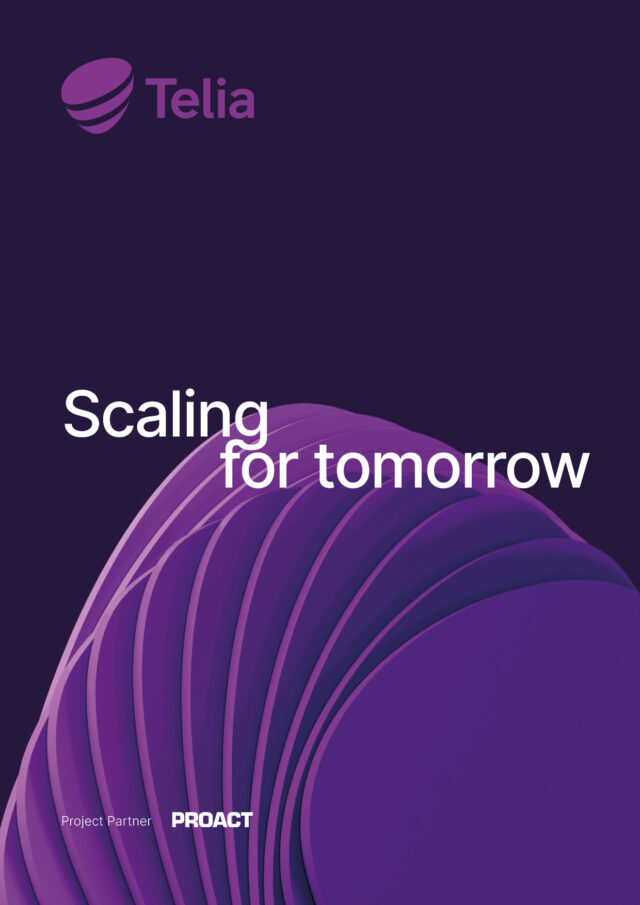While the whole world works towards automating as many processes as possible for efficiency’s sake, businesses like ServiceNow are supporting that change evolution. ServiceNow’s platform serves over 7,700 customers across the world in their quest to eliminate manual tasks and become more streamlined. We spoke to Gregg Aldana about how it does this and the ways in which technology is evolving.
Aldana is the Global Area Vice President, Creator Workflows Specialist Solution Consulting, at ServiceNow. Essentially, his department works on ServiceNow’s low-code application development platform. This is as well as its automation engine, integration technology, generative AI development capabilities, text-to-code, and more. “The fun stuff,” as Aldana puts it.

The rise of hyper automation and generative AI
As someone who has witnessed considerable change, Aldana has watched the way digital transformation has evolved. He’s also aware of the implications of that evolution. One of the current buzz terms for digital transformation is ‘hyper automation’. It’s a phrase that’s being touted by technology analysts as the next big thing.
“I think this term is very appropriate, given what’s going on right now,” says Aldana. “Especially the ‘hyper’ part, because the pace at which we have to automate their processes is astronomical. COVID-19 pushed this and caused a major leap forward in acceleration when remote work became standard. People could no longer rely on manual business processes. The pandemic exposed a lot of gaps, so there was this race to digitise things that weren’t digitised before.”
Thus, COVID-19 was a lightning rod for change, whether people immediately realised it or not. As for ServiceNow, it doubled the size of its low-code application development (App Engine) new business during the first year of the pandemic. There’s been enormous further growth since then because there has been such demand for those kinds of paid app dev technologies for automating workflows and intelligent business processes.
Now as companies are coming out of 2023 and into 2024, generative AI technologies are allowing organisations to intelligently automate on a scale never seen before. ServiceNow was one of the first companies to launch native generative ai capabilities into its cloud-based platform as part of a partnership with NVIDIA in May 2023.

The benefits of low-code development
The citizen developer programme is something that came about as part of ServiceNow’s desire to help support the global drive towards automation that’s required. According to IDC, the volume of automation that needs to be accomplished in the next two-to-three years is around 750 million new apps being built. Some are even predicting a billion. Aldana believes we cannot simply hire our way out of this problem.
“There aren’t enough developers in the world,” he says. “If you go on the Google Play store right now, there are several million apps but nowhere near what we need. That’s one of the reasons there’s been such an interest in low-code and no-code technologies and citizen developer programmes.”









